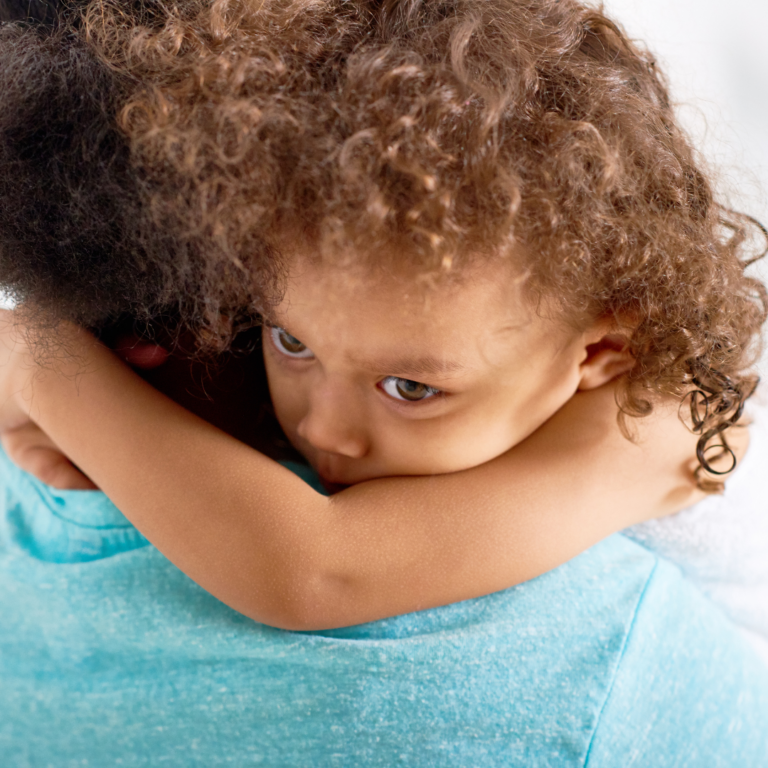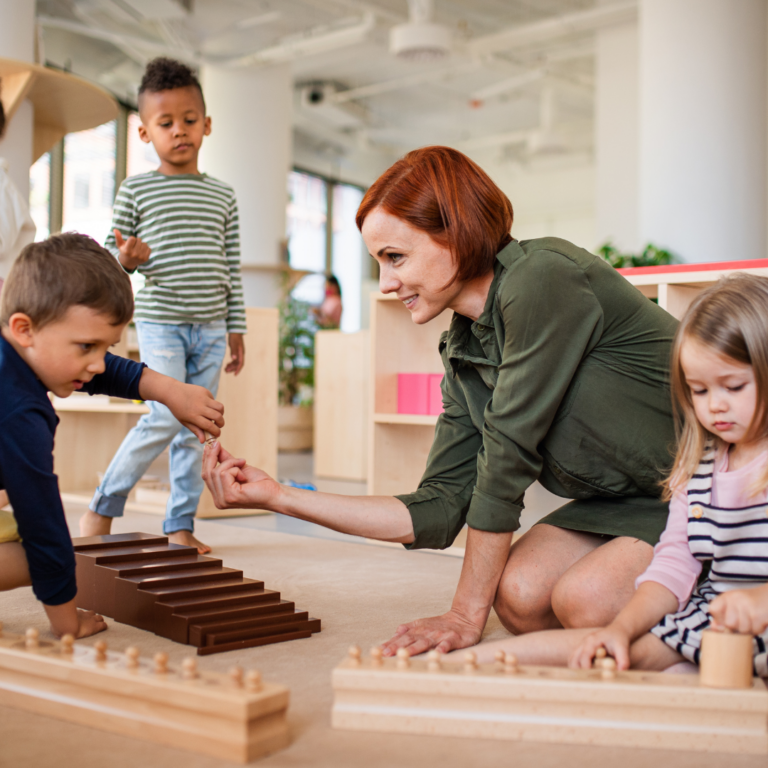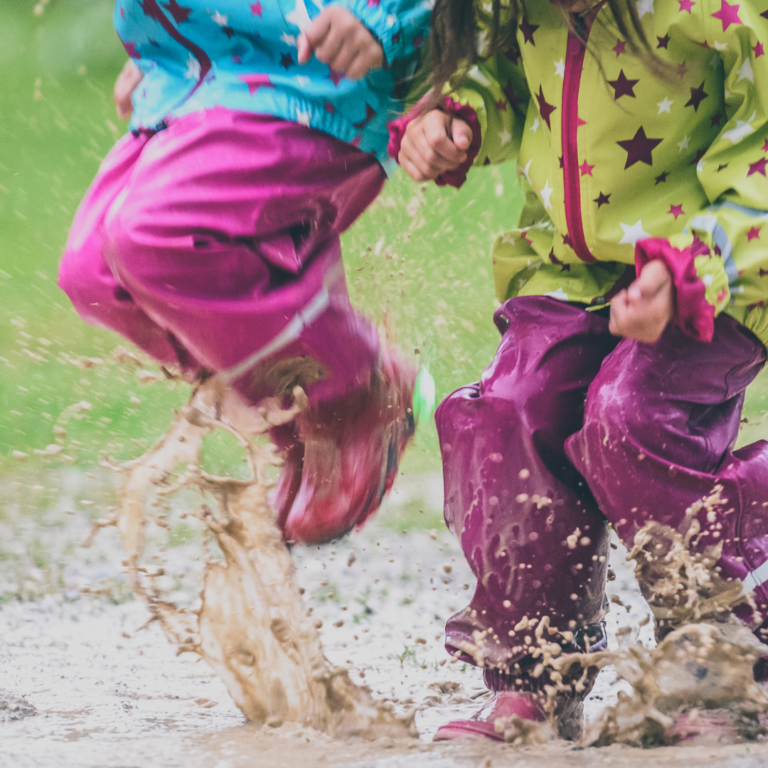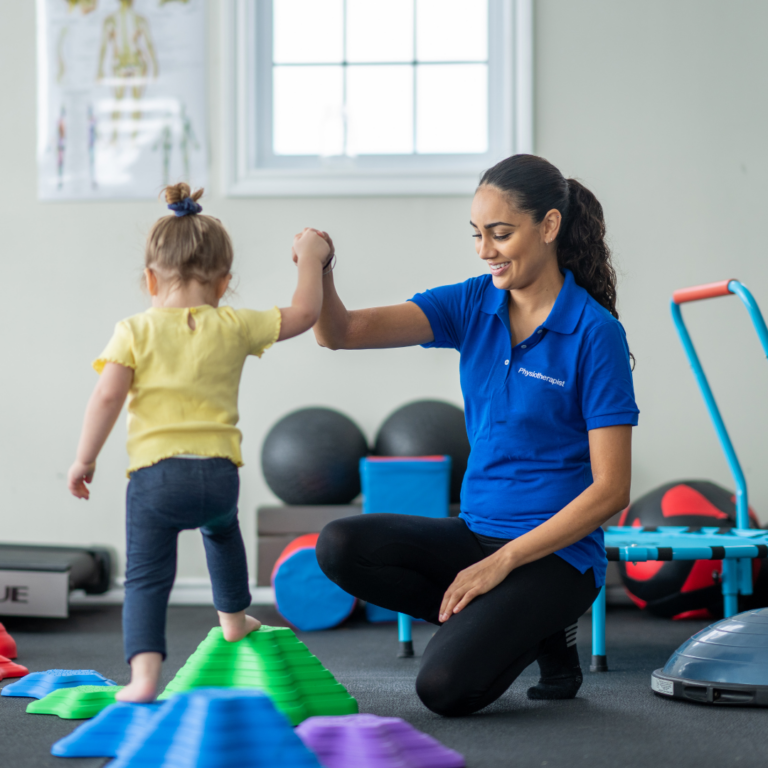Working hours
Mon - Fri: 8am to 5pm
Mon - Fri: 8am to 5pm
Share

In recent years, there has been a significant shift in understanding the importance of teaching self-regulation skills to children in Early Years settings and it is now widely recognised that equipping children with their own strategies for managing emotions and behaviours is essential for their development.
However, we must also acknowledge the expectation placed on practitioners to understand the complexities of emotional regulation, both in themselves and in the children they support. The journey towards fostering a culture of self-regulation and co-regulation is not just about the children – it is a shared experience that begins with us, the educators.

As we are aware – the first five years of a child’s life are critical for rapid brain development, alongside the importance of forming strong positive connections with our children – through nurturing, positive relationships and enabling environments.
But when it comes to effectively teaching children self-regulation skills, we must first cultivate a deep understanding of our own emotional responses and the factors that influence our ability to manage and control our reactions and responses, to support our own self-awareness.

Would you be able to answer?
Many of us have grown up needing to reflect and reframe what we have been taught about emotions and behaviours, often passed down through generations. When we talk about the current mental health crisis, it’s crucial to recognise that trauma doesn’t always manifest as a large, life-altering event. It can stem from a series of smaller experiences that collectively create a ripple effect, influencing our emotional well-being and our own foundations of emotional stability later in life.
Did we grow up in emotionally safe and emotionally secure environments?
Did we feel seen, heard and understood as children?

I refer to this is a journey, modelling and adapting our own practices and approaches through reflection of who we are – our unique self.
Why?
Because the steps we take to understand children and their own unique needs, preferences and interests are the same steps we need to take for ourselves to understand how we think, act and behave; mirroring, learning and growing together – looking through a curious lens.

In the Early Years sector, there are many pressures and stresses being navigated daily, so developing our emotional intelligence and self-awareness is essential to not only prevent burnout but to be effective role models for the children in our care. We often find ourselves navigating the emotional journeys of not just our children, but also their families and our colleagues.
Creating emotionally safe, secure and supportive environments where everyone can express themselves freely with compassion, kindness, and empathy is essential for everyone’s well-being.
So we must start from the beginning – building emotional awareness for ourselves and with our children.
Why?
Because engaging in self-reflection allows us to build our own emotional toolkit – alongside modelling and scaffolding these skills to our children.

This is a journey that requires us to be kind to ourselves, recognising that we are all on a path of growth and learning together. In doing so, we cultivate an environment where we as adults and children, all feel seen, heard, understood, and valued – creating a sense of belonging for everyone.
We can choose where we focus our energy.
This year – let’s focus on connections, modelling kindness, empathy and understanding, so we ensure every child feels part of a community, embracing inclusivity and uniqueness where every child’s individuality is respected and valued.
Remembering for our neurodivergent children, their sensory needs will significantly affect their ability to regulate emotions and behaviours, and emotional safety and security is key when forming those connections and positive relationships, so our neurodivergent children feel safe in their environments.

Self-regulation isn’t solely about calming strategies, but also involves finding ways to stimulate our bodies and engage in activities that help reach an optimal zone of regulation.
Think about Goldilocks and the Three Bears Zones:
By understanding how our autonomic nervous system responds to stress and safety, we can appreciate how vital it is for children to feel safe and the vital role we play in creating this feeling of safety in the way we connect with children – reflecting on our approach and responses.
What does our body language look like? Our facial expressions? Our communication? Our tone of voice? Our gestures?
How are we responding to children’s feelings? Are we mindful of our different tones of voice? Does our tone of voice reflect empathy and understanding?
How are we creating an environment where children feel safe to express their emotions?
By creating sensory friendly environments and providing opportunities for movement, tactile experiences, and quiet spaces – we can support all children to find their balance by supporting their individual needs and preferences.
Begin the year with curiosity—an open mind and a willingness to learn about each child’s unique needs, experiences, and preferences. Through active listening, observation, and validating children’s emotional responses, we can develop a deeper understanding of their perspectives and foster a sense of security, helping children feel respected and celebrated for their individual differences, and unique authentic self.
Focus on building trust and connection – being present for all children and holding space for their emotions. Let them know they are not alone.
Remember – Connection doesn’t have to be through words. Simply being present, holding space and sitting silently next to them is enough.
Trust, the foundation for any relationship. Be patient. Be consistent. Be reliable.

If we truly wish to support self-regulation in the early years – and building those fundamental emotional foundations for our children – let’s turn our attention to us and our role in co-regulation.
Are we modelling best practice through emotional awareness?
Are we using language to encourage emotional expression?
How are we responding to children’s dysregulation or emotional outbursts?
How are we providing opportunities for children to practice self-regulation skills?
How are we supporting children to understand their mind-body connection?
Our emotions often manifest physically, and recognising this can help us and our children regulate better.
Teaching children to notice their feelings and understand how those feelings impact their bodies requires us as educators to engage in our own emotional awareness and regulation.
A journey in understanding emotional intelligence and self-awareness.
Learning, adapting, reflecting and growing.
Together.
Author: Tara Swarbreck
@UniquelyYou Tara Swarbreck | Building Emotional Foundations (@uniquely_y_o_u) • Instagram photos and videos

With the ever-changing regulations and guidance, join our monthly newsletter to stay current and learn more about running a better childcare setting.
Simply enter your details below to join our mailing list.
"*" indicates required fields
By completing this form you are agreeing to our privacy policy You can unsubscribe at any time

Millennium House, High Street,
Studley, Warwickshire, B80 7HJ.